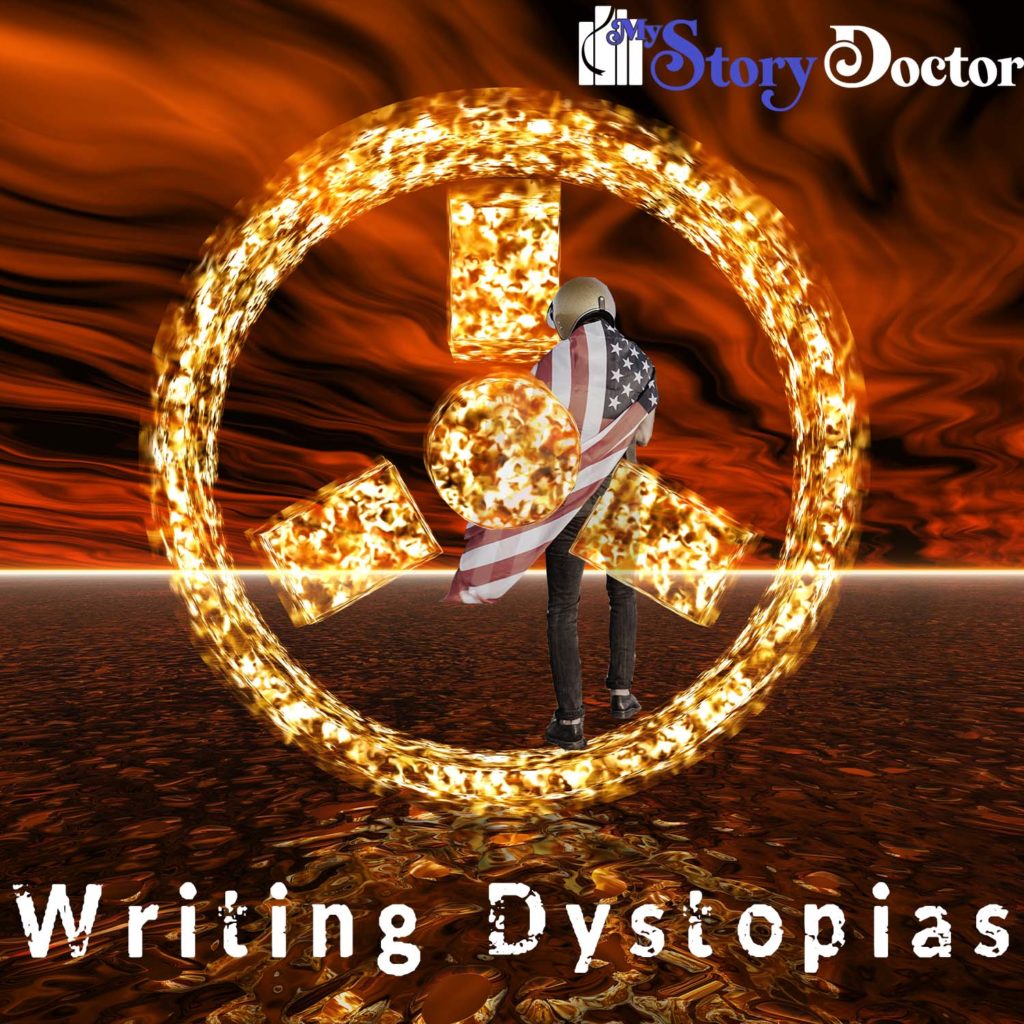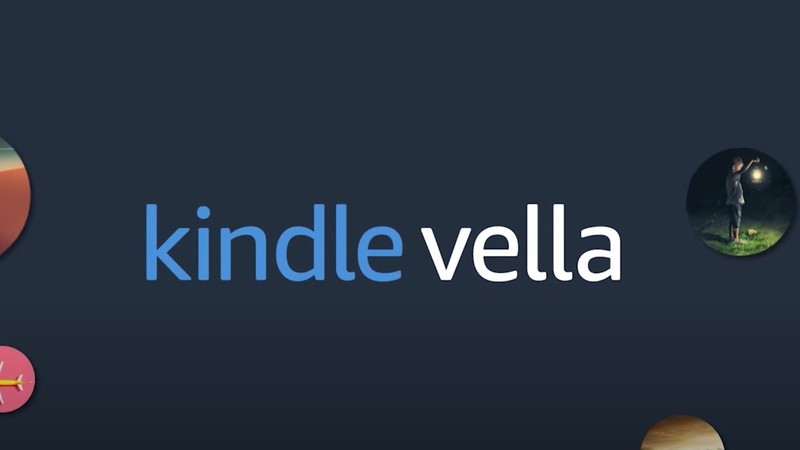Orwellian Futures
The best dystopian settings arouse realistic fears in the reader. In other words, the author studies the world as it is today, and very often will look at social conditions and consider, “If this goes on, how will the world change when Writing Dystopias?”
So, for example, in a book like 1984 we’re shown a world where Big Brother is always watching you, where history is instantly revised in order to support current government policies, where big government uses deception and propaganda to control the masses. Does it sound familiar at all?
When Orwell published the novel in 1949, he had seen how Hitler’s “big lie” campaigns had worked in Germany, and how the Soviets and other countries were controlling news broadcasts around the world.
To a certain degree, people in every society are constantly struggling to unravel their leader’s lies, so this kind of dystopia resonated with its readership.
So the book became a classic based upon the fact that Orwell looked at current trends and then forecast a dismal future.
Modern Dystopia
In the same way, if you look at The Hunger Games, you can see some ugly aspects of American society playing out. Certainly, the Hunger Games themselves echo the popular reality television shows like Survivor, where attractive men and women compete for a grand prize in a primitive location. The show is all about lust, betrayal, starvation, and competition.
Certainly in Hunger Games you don’t have to look far to see the comparisons to 1984, where a Big Brother character constantly watches and manipulates the masses, always on the verge of sending in his troops.
In short, both books play upon reader’s fears by echoing current problems.
But what if the author is a fruitcake? What if he or she is simply paranoid or badly informed?
Some concepts are merely absurd. For example, you could write a dystopia in which giant carrot people are growing humans in hydroponic gardens. It might work as a comedy.
A story can easily move from sounding prophetic to becoming barely plausible to sounding absolutely stupid. It’s a sliding scale.
For example, are you worried that the government is inserting microchips into children so that they can track them? Seriously, I’ve met parents who are genuinely concerned by reports of this. They think that all school children are having implants now.
That’s a bit paranoid.
Tech in a Dystopian Setting
But of course tagging is a technological possibility. My dogs had microchips placed in them fifteen years ago. The procedure was inexpensive, easily done. We could do it to children now, and begin tracking their movements and using the chips to verify identity when they make purchases, etc.
In fact, there are probably advocates for microchip tracking systems in some governments. With the global concerns about terrorism, one could argue that the world would be “safer” if we tracked people better. Then of course there are problems with drug wars, gangs, escaped felons, and tax evaders. I suspect that with the right mix of problems in the future, tracking could go from being just another paranoid delusion to becoming a reality.
Of course, the problem is that the microchips can easily be removed—unless of course we planted them in the victim’s skulls, say in their foreheads.
Seriously, can you imagine a future in a thousand years where people’s actions aren’t being tracked, perhaps along with their words and thoughts?
In creating your dystopia, you need to consider the origins of the dystopia, to logically create the scenario in which a nightmare becomes a reality.









